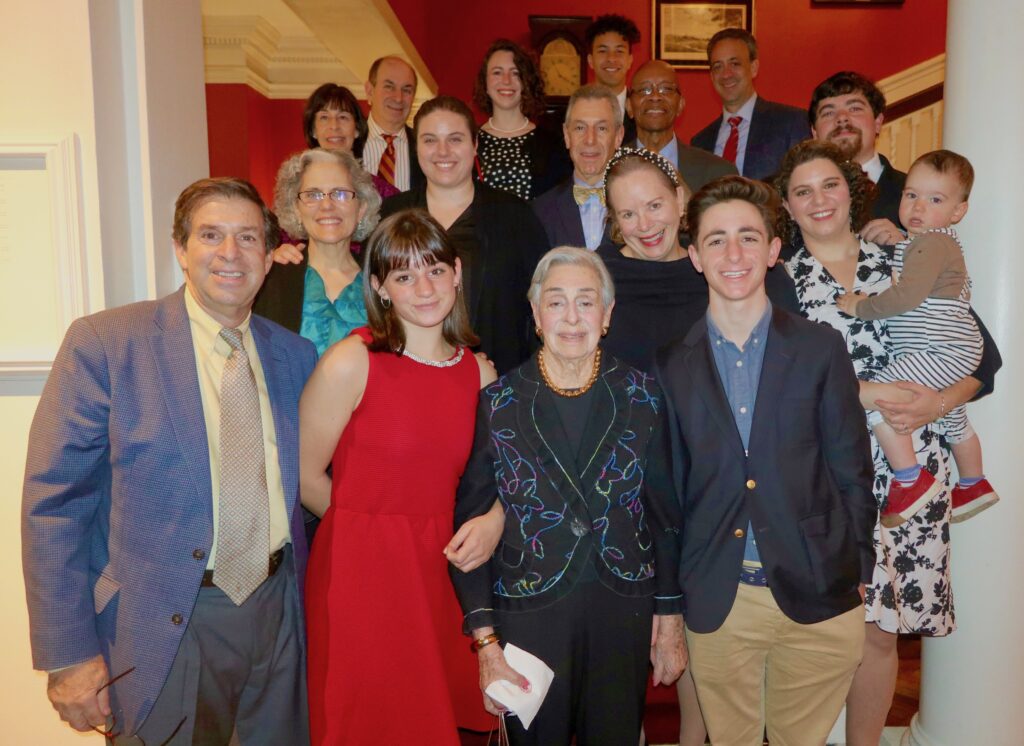
Of all the facets that God and heritage cut into the diamond that was Jo-Anne Schneider’s stylish life, the one I always found memorably amusing was her quick, unreserved assessment of everything. I call them Joanyisms.
Years ago, for example, I bought an old farmstead in the forest of northern Michigan, close to the Great Lake. It was a place to spend summers and eventually to establish a home in what I considered a glorious part of the world. It was an event in my life and I wanted to share the news. Mom liked being the first to know.
You had to be ready, though, for what she’d say.
“I bought a little house in the woods here in Michigan. Almost 90 acres, too,” I said.
“Michigan?” she replied. “Where’s Michigan?”
Pure Jo-Anne. Unvarnished. Straightforward. Irrepressibly direct.
Jo-Anne Rosalyn Schneider died on April 20, 2024. She was 94. And except for her earliest months as an infant, Jo-Anne’s long life was a set piece of 20th century feminine resolve that she managed with great skill and unyielding determination. She was a doted-on only child, a college graduate, a wife for 62 years, the mother of four children she raised to be as accomplished and independent as she was. A grandmother and great grandmother. She was a social worker, an interior designer, and an observant Reform Jew who convened her family weekly for Sabbath dinner. She sent us to religious school, planned and held elaborate Bar Mitzvahs during an era when girls were not Bat Mitzvahed. She led one of the country’s largest Jewish congregations, and served so well as a board member of important Jewish institutions in New York that she was named Woman of the Year by the National Council of Jewish Women, New York Chapter.
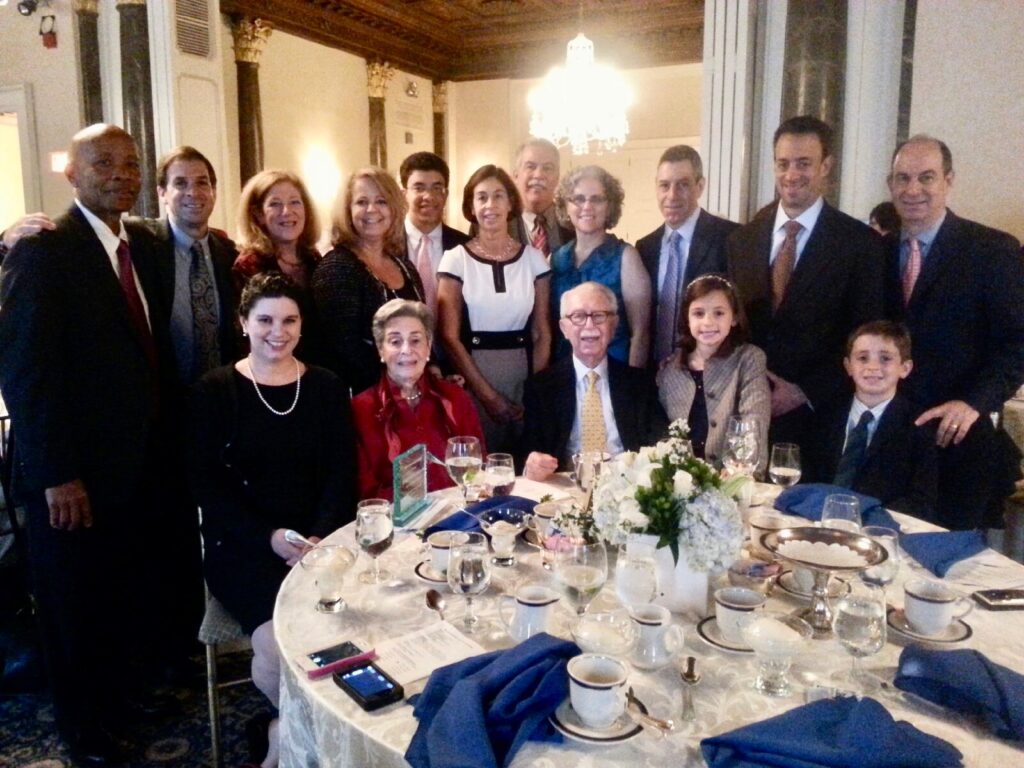
Jo-Anne commanded the spaces she entered. She was dark-haired, beautiful, and really smart. She was well-read and always current. She had a winning smile, flawless manners, and an ability to charm. She liked to laugh. She dressed like a movie star. On the arm of Martin Schneider, my handsome father, she met friends for dinner or spent a night at the Philharmonic always looking like she was ready for the red carpet.
Her true love was her husband. She let us know that in so many ways. Still, Jo-Anne was a terrific, loyal, loving mother with a distinctive way of expressing her allegiance. She never faltered in supporting her children in their pursuits. She taught us how to succeed in a capitalist economy. A child of the Depression who came of age in the 1940s, she understood the value of discipline and decency. But she could be really tough. I once brought home a grade school report card that was characteristic of my entire academic performance. A good number of As, a B or two. But that report showed a minus (-) for this assessment of my character: “listens and follows directions.” Mom was not happy. “You keep doing that and you’ll be behind your whole life,” she said. I was seven years old.
There’s no doubt where she learned those principles. Jo-Anne Rosalyn Spitzer was born on February 28, 1930 and raised in Cambridge, Mass., the daughter of Alfred and Mollie Spitzer. Her grandfather was Alexander Spitzer, a renowned wrought iron craftsman trained in Hungary who immigrated to the U.S. at the turn of the century. His major works are everywhere around the Boston area, including the ornate gates at Harvard Yard, the fabulous lamps at the Boston Public Library, even a famed Boston subway stop. Her father took up the craft and worked in the family’s shop until World War Two’s military demands shut off their iron supply.
Jo-Anne’s life as a child was centered in the Spitzer family home on Sacramento Street, walking distance from her own, where her iron-willed Hungarian grandfather and her sweet grandmother, Katherine Spitzer, gathered for weekly dinners and various celebrations with their seven children and their grandchildren. Jo-Anne often expressed her delight in being the center of adoring attention during those years.

She attended the all-women’s Simmons College in Boston, where she was a strong student. She met my father at a breakfast at Harvard Law School, where he was completing his degree. She was 19. He was an Army veteran, ambitious and impressive, a man-in-full at age 25. Jo-Anne recounts being a bit intimidated. “He’s too old for me,” she said to her mother. “No he’s not,” her mother replied. “Bring him home. Let’s meet him.”
They married in 1951, moved to an apartment in Queens where he started his legal career and she prepared for motherhood. By the time she was 28, Jo-Anne had four children six years old and younger. Here’s another indication of Jo-Anne’s resourcefulness and capacity. When her children were very young, the temple where we lived in Dobbs Ferry, N.Y. did not have a nursery school. Jo-Anne organized one and recruited other young mothers to send their kids.
In 1960 Jo-Anne moved the family to a bigger house on Midchester Avenue in White Plains, N.Y. I was four years old and she took me with her to get the new house ready for occupation. It was just me and her, which meant that somehow I’d need to be occupied while she moved freely about the house. Knowing what a dogged and focused kid I was, even then, she handed me a toothbrush and showed me how to scrub the grout in the subway tile in the kitchen. I scrubbed that grout like a champion, undistracted, for hours it seemed to me, until she came back.
I didn’t know then that cleaning was a clear metaphor for Jo-Anne, a touchstone for the security and stability she sought in her life. She kept an immaculate house and required cooperation from her children in keeping it so. My second or third grade religious school teacher once assigned us to write our personal Ten Commandments on a copper sheet. I still have mine. Along with promising to honor my father and mother, not to lie, and to be “a good boy,” three other personal commandments were promises to “clean thy steps,” “clean thy hands,” and “not put hands on wallpaper.”
Jo-Anne led a full life at all times. In addition to being a wife and mother, she was a professional on the staff at Burke Rehabilitation Center three days a week as a social worker for children who needed assistance. She shared anonymous stories from her office at dinner, which she cooked with great flair and flavor almost every night. Her break came on Sundays when Martin chipped in with breakfast for supper — pancakes and blintzes were his specialty.
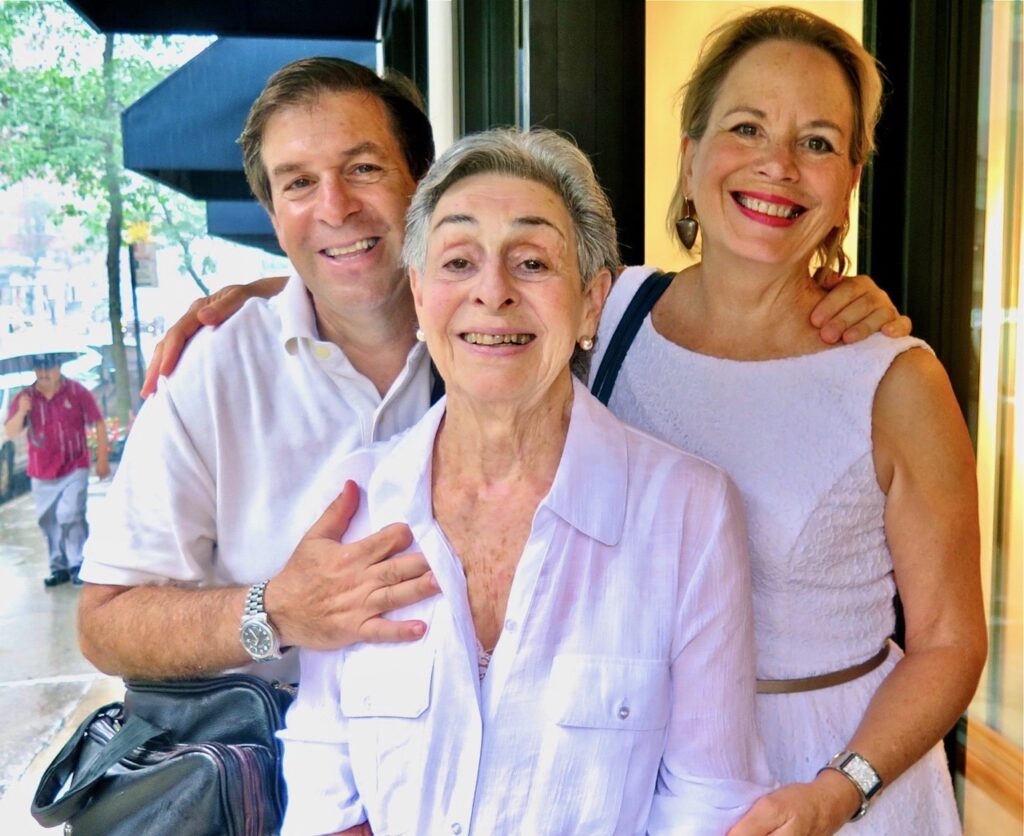
Madison Avenue diners close to her house. (Photo/Keith Schneider)
She was close to her aunts and uncles and cousins and their children. She loved Martin’s family, his parents, his sister, aunts and uncles and the children. She kept them in touch and included them in her life. They all reciprocated. She also had many close friends.
But like any active household with teenagers, Jo-Anne’s pursuit of continuity and stability could be episodically derailed. My sister, Allison, and my brothers, Reed and Grant, each have their own memories of our White Plains life, and assessments of my mother’s participation. Let’s just say that for me, it was fraught. Jo-Anne’s parental style was, to put it politely, dogmatic. Affectionate. Interested in knowing everything. But also doctrinal. She and I disagreed about intrinsic principles of my life, among them my closest friends, my dismay at orders to be home on time, my teenage carousing. She was convinced I would end up in jail. She told me that once. I replied, “It’d be easier than living here.”

Yet by the time I graduated from Haverford College, I had changed and so had she. Things settled out between us in an adult and adoring way. When I visited New York, I stayed at her house and we had fun. I spoke to her on the phone often and we laughed, a lot. She was generous with gifts and cards. She liked my work. She and Dad visited the various places I lived – Charleston, Sacramento, Washington, Michigan. She loved my kids and showed them a great time when we visited New York. Clearly our years of friction were in the past and many more years of affection had opened.
In 1982, two years after Grant, the youngest of us, had graduated from Haverford, Jo-Anne and Martin moved to Park Avenue where they embarked on the sweetest years of their lives. They traveled to 50 countries. They spent weekends at their vacation home in northwest Connecticut. They dined in the best restaurants. They frequented the symphony and Broadway shows. They vacationed in Woodstock to cross-country ski. They hosted big family events, including 75th and 80th birthdays for Alfred Spitzer, an engagement party for me, and an annual Thanksgiving dinner at the Harvard Club. Jo-Anne maintained excellent health. So did Martin. They were good.
Jo-Anne’s death followed a decline after she was struck and knocked unconscious by a car in the late summer of 2021 while crossing the street near her house on Manhattan’s Upper East Side. During a scant few days in rehab, where the hospital sent her, Mom also contracted COVID.
But the real reason for her decline and death was grief at the loss of Martin in 2013. Mom never really recovered from a death that caught her so completely by surprise. And though she rallied for a few years, even enjoying the attention her family lavished on her for her 90th birthday in February 2020 just before COVID shut down the country, the accident and illness disarmed her will to live.
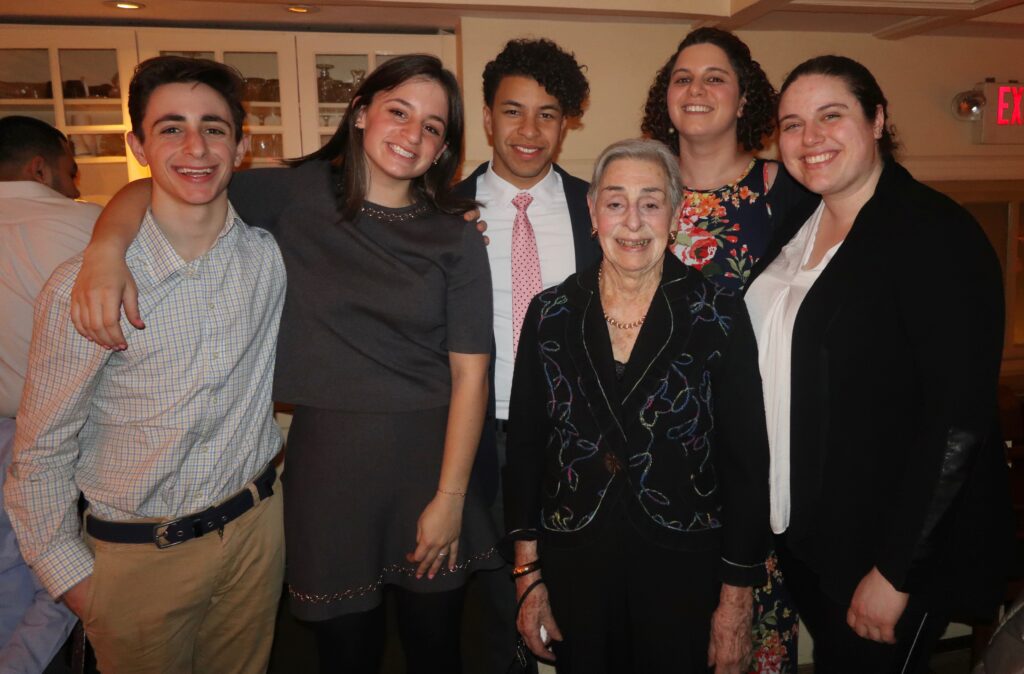
Taylor Powell, Lauren and Mariel Schneider. (Photo/Keith Schneider)
After the accident and COVID, Jo-Anne returned to her home where she slipped in and out of consciousness for a short time. Grant was at her bedside when Jo-Anne gained sufficient clarity to know where she was and who was with her. He said she gave him a look of mixed dismay and disappointment as if to say, “Oh no! I’m still here?!”
“And that’s the way she lived for the next two years of her life,” he said.
The day Mom died I planted trees on a bluff above Crystal Lake here in Benzie County, Michigan, a few miles from our house. It was fitting in every way. You remember my mentioning those Joanyisms? In 2000, seven years after I moved to northern Michigan, Mom and Dad came to visit. I spent a few days showing them the abundant natural assets of this place — the lakes, the magnificent Lake Michigan shoreline, the meadows and forests.
Over breakfast one morning I asked , “Would you like to see Sleeping Bear Dunes, our national park?”
Jo-Anne set her coffee down and looked straight at me. “I’ve seen enough trees,” she said.
— Keith Schneider
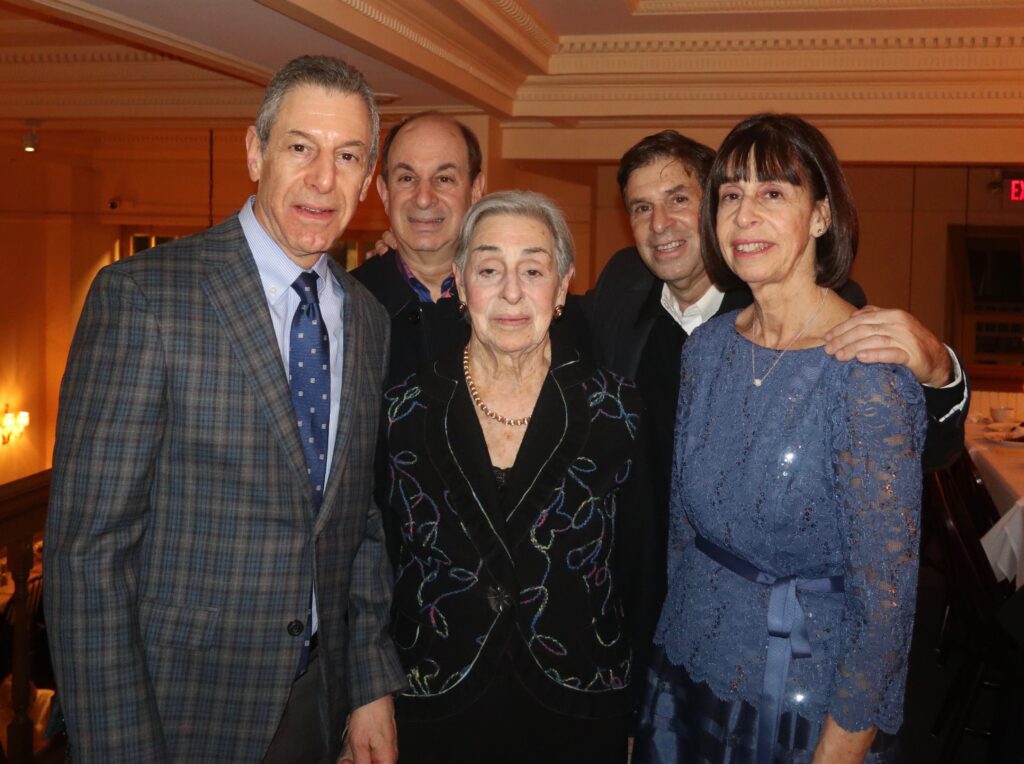
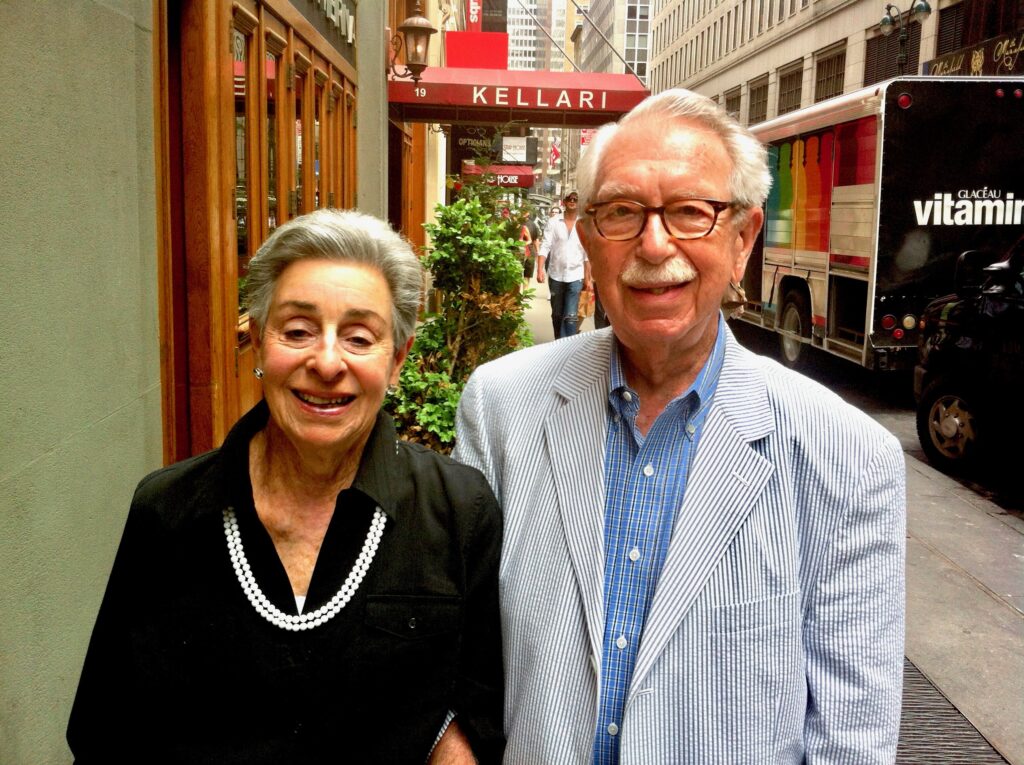
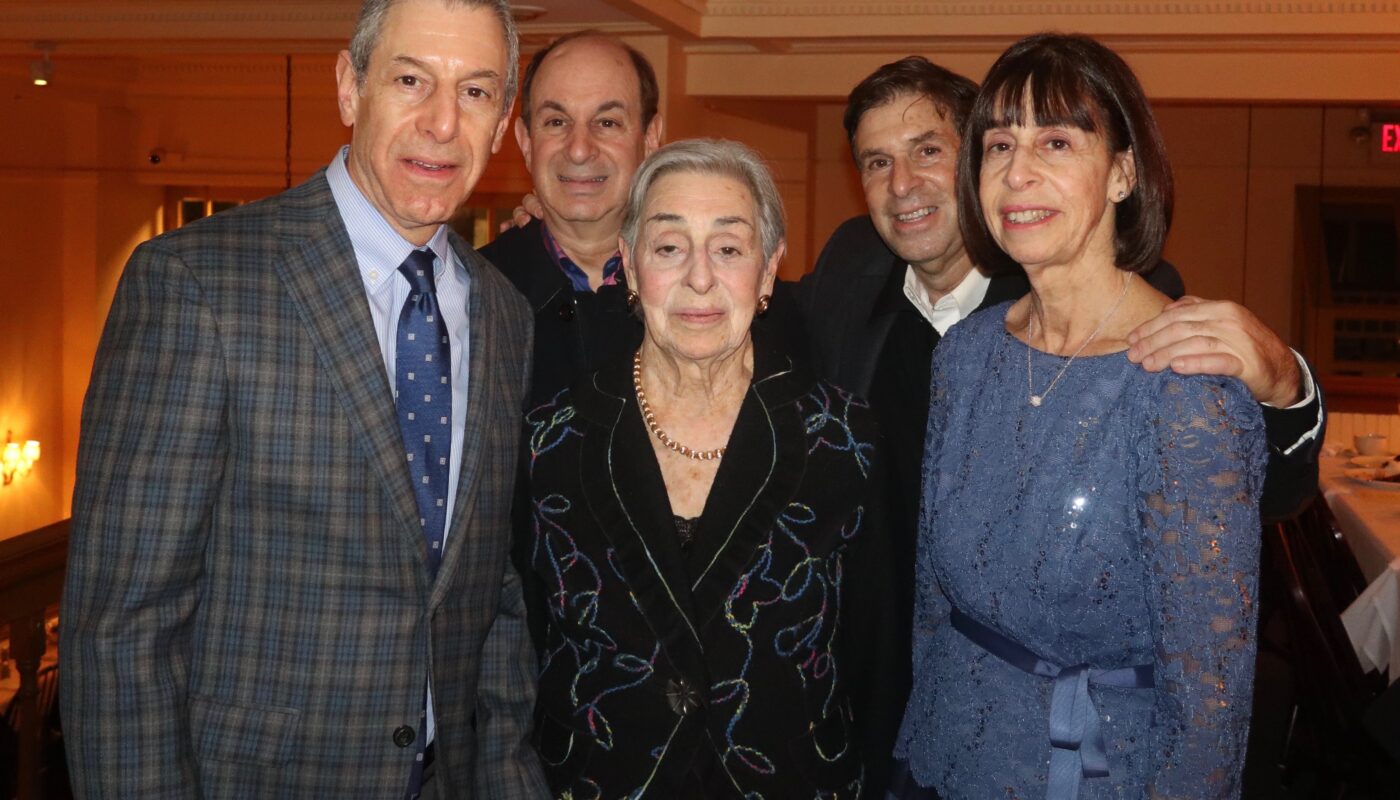
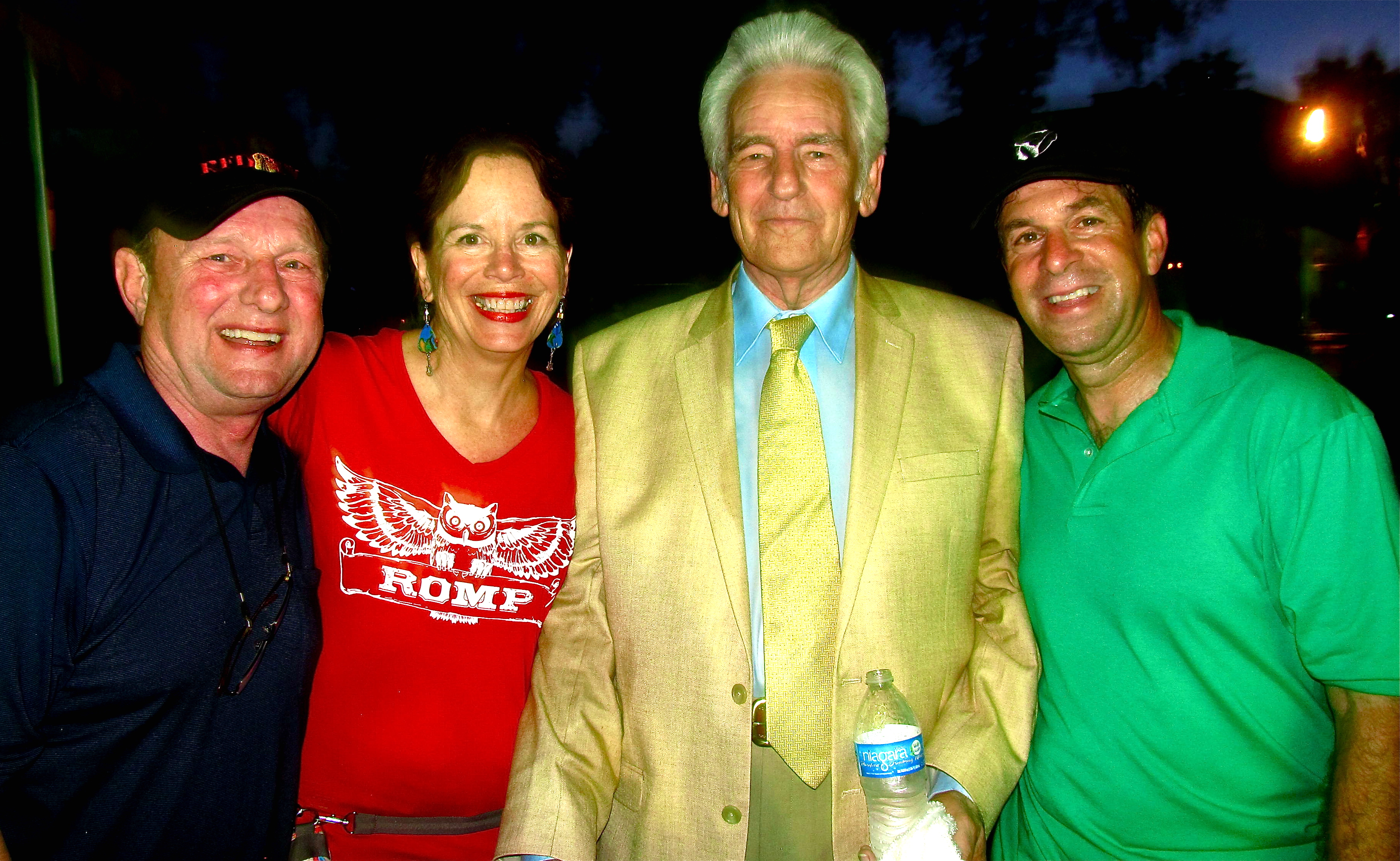
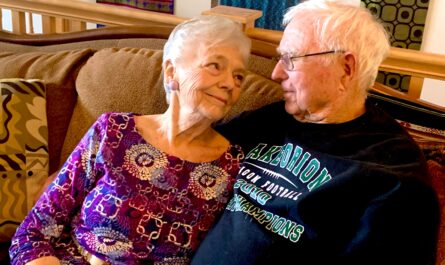
Beautiful life, beautiful woman, well considered by an adoring son.
Beautiful story, thanks for sharing!
Inspiring story of a magnificent woman, Mother, wife and leader.
Beautiful, heartwarming tribute to your awe-inspiring Mom, Keith!
Such a heartfelt observant tribute to an interesting woman, to say the least.
What great memories to be called on from now on!
Beautiful tribute, Keith.
Love and respect clear themes! Hugs to you, Keith.